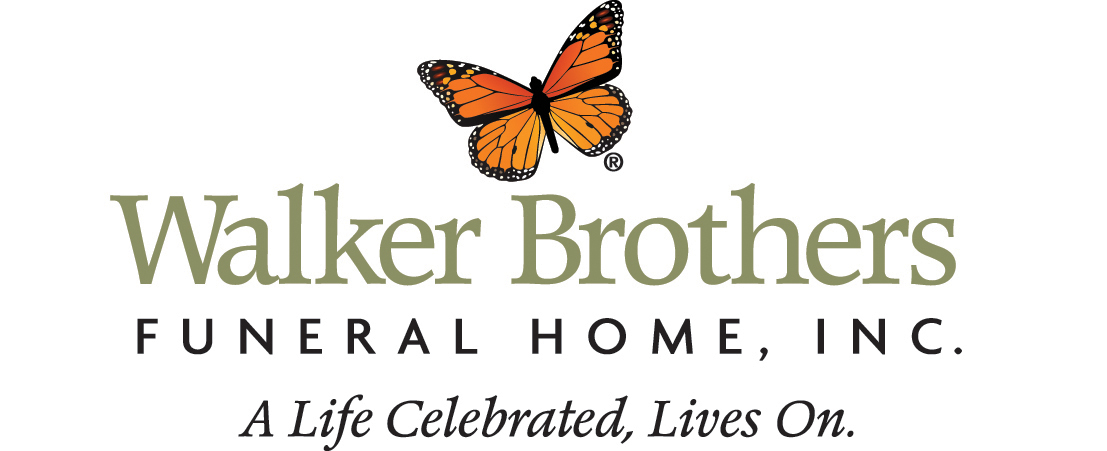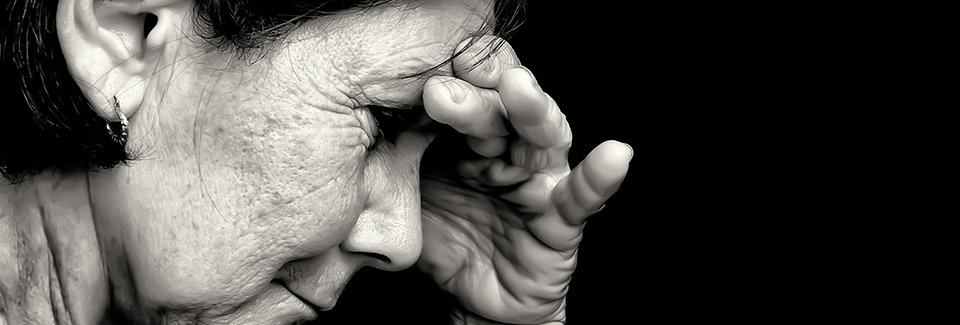(585) 352-1500

Losing a Loved One to Addiction; The Stigma of Society and a Path to Healing
Grieving the loss of a loved one is a difficult and painful process that takes time and coping skills to begin healing. Adding the element of loss by drug addiction complicates grief to survivors who are faced with the circumstance of death and the stigma held by society. Our culture tends to look at addiction one-dimentionally and is often quick to judge when it comes to the complexity of the human condition. Many are not astute with the realities of addiction and only see the tip of the iceberg, underestimating the disease which is symbolized by the large and convoluted mountain underneath the surface.
The Mental Illness Stigma
“Those kind of people are junkies, they contribute nothing to society;” an unfortunate learned response from our upbringing. Addiction doesn’t happen overnight, the path of self-destruction is often a painful journey resulting from abuse or trauma and the mental illness that is associated with it is often dismissed. Without experience in abuse, it is hard to empathize or understand why anyone would make unhealthy decisions that could hurt themselves.
Facts on Addictive Drugs
Prescription opioids, methadone, heroin and crack/cocaine create such an intense addiction that it is physiologically impossible to stop without medical intervention. Opioids, or any drug labeled a narcotic or amphetamine are considered “hard core” drugs because of this heightened physiological addiction. The probability of addiction from these drugs is many times stronger than with alcohol or marijuana. The addiction is so extreme with opioids that it triggers lack of control in harmful behaviors.
Why Do People Choose to Use Addictive Drugs?
For instance, what motivates someone to use a drug like heroin? Most people don’t reach for heroin to simply “have a good time.” It’s often an avenue to suppress mental health symptoms and/or the effects of severe trauma. Physical and sexual abuse, neglect, abandonment, rape and military anguish are typical examples of trauma that can drive people to use hard core drugs. Far too often they are left untreated, leaving a person feeling worthless and abandoned, making it difficult to gain self-esteem and place value on their own life.
Prescription Opioids
Some of today’s prescription pain medications have the same addiction strength as heroin and have become the latest gateway to dependence. These opioids are often prescribed to manage pain from surgery or other physical ailments. Elevated use in these drugs can actually change how the brain functions. If not taken with great care, addiction will likely occur. Once the brain has acclimated to these drugs, the withdrawal is painful, grueling and can veritably cause death if not medically monitored. Because of this, the addict falls into repeated use and relapse. Coupled with bad behavior it often results in strain on personal relationships and rejection from family and the people who love them, causing pain to everyone involved.
Emotions
Losing someone to drugs launches a roller coaster of emotions. The most common are anger and guilt. When a parent loses a child to drugs, they often blame themselves, even if they did everything in their power to help. Those who reach for drugs aren’t necessarily from a dysfunctional or an abusive family. The “signs” of mental instability may easily be missed or wrongly translated. Parents and guardians are not always equipped to pick up on critical clues. Just having one isolated, traumatic incident could be devastating and grow into mental instability. The myriad of after-effects due to drug use often results in renewed grief, like an open wound that will not heal. Because of the addiction, special attributes and endearing qualities of the person are minimized or unacknowledged. Family members feel they do not have freedom to talk about their loved one without explaining the nature of the death.
The Road to Healing:
Addressing the Anger
After losing a loved one to addiction, the need to express yourself and be heard by people who will listen and not judge is critical. The anger that is felt is similar to a loss from a suicide because the person who died ultimately made a poor choice and there are no other factors to “blame” the cause of death; no accident, sickness or disease.
How do you begin? Start by sorting through your full spectrum of feelings. One great way to do this is a simple 2-column list. One column details all the positive traits of the loved one who passed and the other lists all the negative traits of the person. Seeing all the traits will remind you that they had dreams, goals and talents while at the same time acknowledging their disease and that it affected their life as well as yours.
After creating this list it may be cathartic to write a letter to your loved one who passed. Tell them everything, all of your feelings, just as if they were going to read it. If you are not ready to write a letter, consider journaling your feelings on a regular basis to keep a record of how your grief is affecting you. Eventually re-read the journal when your emotions are not as intense. This will help you reflect better on yourself, where you are stuck, and give you more insight into what you need. In time, you may be in a better state of mind to write a letter to your loved one. Express how their drug use impacted you and the consequences you may have suffered from their addiction. Getting out all your varied emotions is a great release and will help lessen the effects of intense and painful feelings.
Afterward, reflect on how the process made you feel and ask yourself what you should do with the letter? Do you keep it? If so, where should you keep it? If you feel the instinct to not keep it, consider tearing it up or burning it as a symbolic way to help you focus on the future. You might just bury the letter in the ground at their grave site, keep it by their urn or tie the letter to a balloon and release it. There are many gestures that will enable you to feel validated and help start a spiritual connection to your loved one. You may want to consider reading your letter to a trusted friend or a support group. Doing this may help you also feel heard. Others may understand and express how they relate to you which in and of itself can be healing and will help remove the stigma from your loved one’s death.
Understanding Forgiveness
There is a misconception about forgiveness. Many people believe that forgiveness is about “letting the person off the hook” for the pain and betrayal they inflicted. The act of forgiving may imply this notion, but the real benefit is for those willing to forgive. It is about releasing anger and resentment. Anger can hold us hostage from coping and healing. When kept inside us, it eats away at our emotional, spiritual and mental health. The irony is that holding on to anger does not punish the person who hurt you, it only hurts you. Hanging on to anger is exhausting because it can be intense and sap away at your energy. In time, anger can grant you a negative disposition, resulting in bitterness and resentment. Forgiving someone is about “letting go” of the anger that is tied to the circumstances. Shifting your perspective helps in understanding this concept. Check your belief system. Do you believe that anyone is really off the hook for serious betrayal or any behavior that causes hardship for others? It comes down to a simple choice: Do you want to remain in misery or do you want to find hope and healing? Either choice will take equal amounts of energy, but choosing one over the other may take you to a more desired state of mind and relief. Challenge your purpose of holding onto anger and resentment toward the one you lost- how is it benefiting you to hold on?
Some may say it’s easier to stay angry for fear of opening the floodgates of sadness hiding behind the anger. Simply put, forgiveness equates to freedom. With the right support, finding the ability to genuinely forgive can free you mentally, spiritually and emotionally. This takes time, and everyone’s time line is different. Again, journaling and writing out a letter to your loved one is a good place to start. Forgiveness will allow you to begin the journey of coping and healing through this complicated loss, removing the barrier of anger. Finding others who have been through similar circumstances will bring comfort, realizing that you are not alone in your grief and pain.
Better Treatment and Prevention
As we may all be touched at some point in our lives by someone who struggles with addiction, these are giant objectives that might seem unreachable. The key is keeping positive and hopeful; the NIH (National Institute of Health) is developing programs such as the HELP Initiative (Helping to End Addiction Long-term) in addition to a plethora of resources for those who need a helping hand. So begin on your pathway to hope and change and get educated! Be a part of the collective force in making this issue a priority with an outcome of positively changing the current statistics of drug addiction and overdose in the United States.
Helpful Links:
GRASP (Grief Recovery After a Substance Passing)
Article: Insensitive Things to Say When Someone Lost a Loved One to Addiction
https://www.verywellmind.com/death-of-addicted-loved-one-10-things-to-avoid-saying-22141
National Institute of Health | HELP (Helping to End Addiction Long-term) Initiative Research Plan
U.S. Department of Health and Human Services | Opioid Prevention Programs
https://www.hhs.gov/opioids/prevention/prevention-programs-tools/index.html



Comments